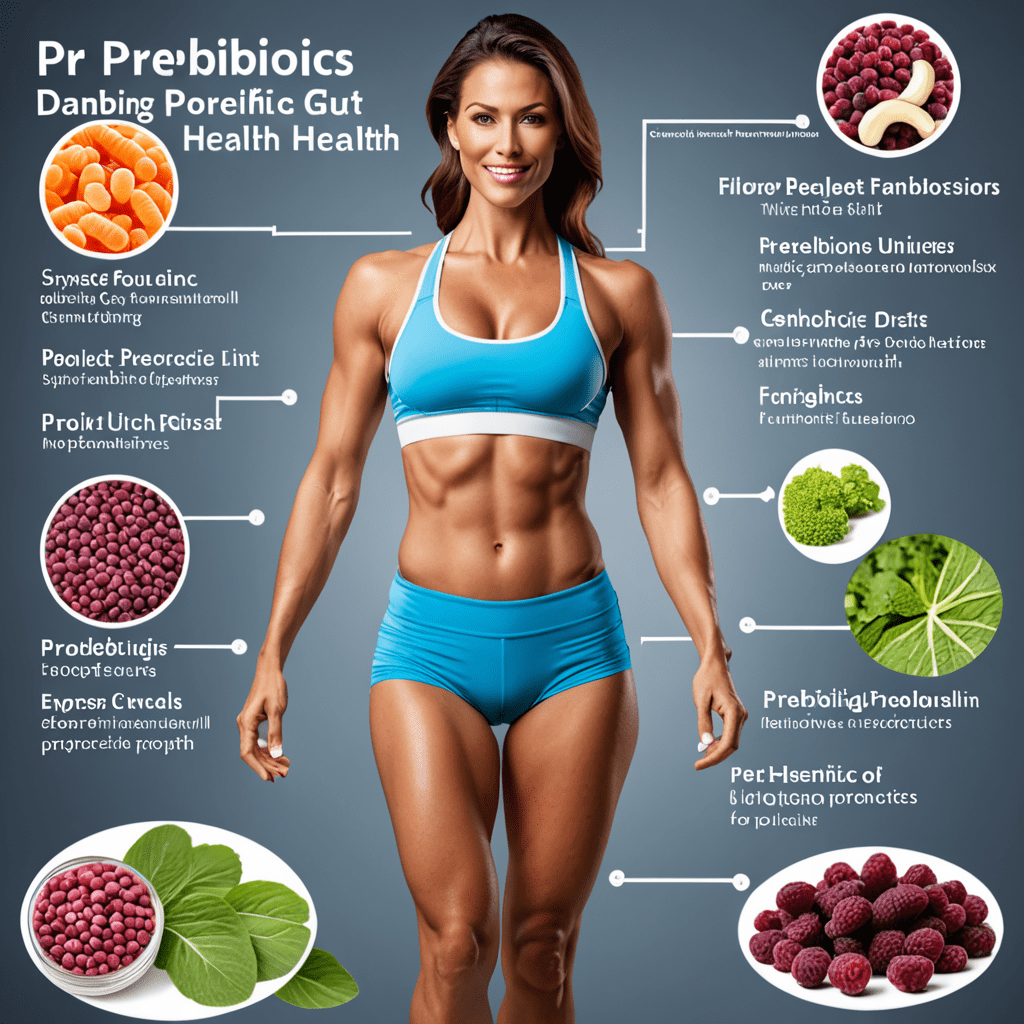
The Benefits of Prebiotics and Probiotics for Gut Health
Understanding Prebiotics and Probiotics
Prebiotics and probiotics are essential for maintaining a healthy gut. Prebiotics are non-digestible fibers that stimulate the growth of beneficial bacteria in the gut, while probiotics are live bacteria and yeasts that promote a healthy balance of gut microflora.
Improving Digestive Health
Both prebiotics and probiotics play a crucial role in improving digestive health. Prebiotics help in promoting regular bowel movements and preventing constipation, while probiotics contribute to maintaining a healthy balance of gut bacteria, reducing the risk of digestive issues such as diarrhea and irritable bowel syndrome (IBS).
Boosting Immune Function
The gut serves as a major hub for the immune system, and the presence of a healthy balance of gut microbiota is crucial for optimal immune function. Prebiotics and probiotics help support the gut barrier function and enhance immune response, thereby reducing the risk of infections and autoimmune conditions.
Enhancing Nutrient Absorption
A healthy gut flora, maintained by prebiotics and probiotics, is essential for the absorption of nutrients from the food we consume. By promoting a healthy gut environment, prebiotics and probiotics facilitate the absorption of essential vitamins, minerals, and other nutrients, enhancing overall health and well-being.
Supporting Mental Health
Research suggests a strong connection between gut health and mental well-being. The gut-brain axis is a complex communication network between the gut and the brain, and maintaining a healthy gut flora with the help of prebiotics and probiotics may positively impact mental health, reducing the risk of anxiety, depression, and other mood disorders.
Managing Weight and Metabolism
Prebiotics and probiotics play a role in regulating metabolism and promoting healthy weight management. By supporting a healthy gut microbiota, they may help in preventing weight gain, reducing inflammation, and improving metabolic functions, contributing to overall metabolic health.
Conclusion
Incorporating prebiotics and probiotics into your diet through natural sources or supplements can have profound benefits for gut health, digestive function, immune support, mental well-being, and overall health. Consult with a healthcare professional to determine the most effective ways to incorporate these essential components into your daily routine for optimal health benefits.
FAQ: The Benefits of Prebiotics and Probiotics for Gut Health
What are prebiotics?
Prebiotics are non-digestible fibers that promote the growth of beneficial bacteria in the gut. They are found in foods like bananas, onions, garlic, and asparagus.
What are probiotics?
Probiotics are live beneficial bacteria and yeasts that can be found in some yogurts, fermented foods like sauerkraut, and supplements. They help restore the natural balance of gut bacteria.
How do prebiotics and probiotics benefit gut health?
Prebiotics and probiotics work together to promote a healthy gut environment. Prebiotics nourish the good bacteria, while probiotics help maintain a balance of microorganisms in the gut, which is essential for overall digestive health.
What are the potential health benefits of prebiotics and probiotics?
Consuming prebiotics and probiotics may help improve digestion, boost the immune system, support nutrient absorption, reduce inflammation, and alleviate symptoms of certain digestive disorders like irritable bowel syndrome (IBS).
Are there any risks or side effects associated with prebiotics and probiotics?
While prebiotics and probiotics are generally considered safe, some individuals may experience mild side effects such as bloating, gas, or stomach upset,


